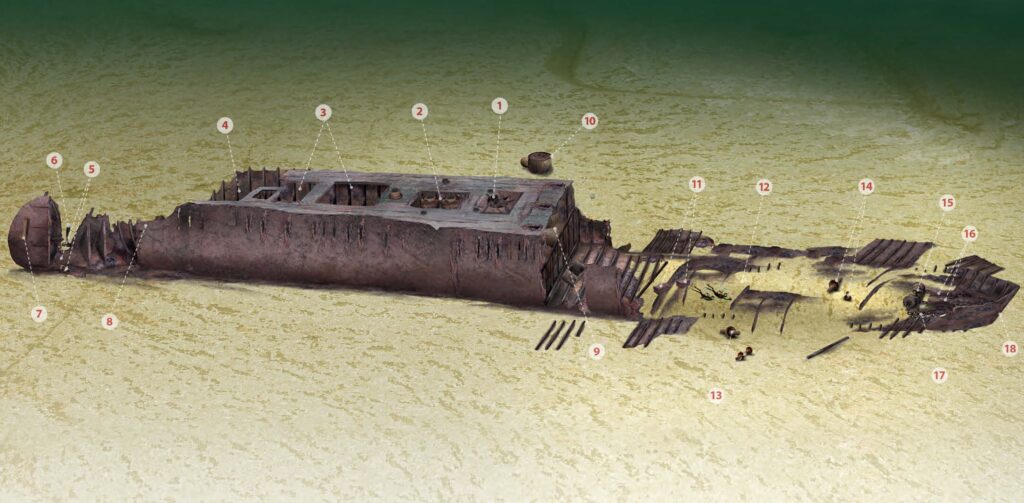
Introduction
Albania, often overlooked by travelers seeking hidden gems in Europe, has emerged as a captivating travel destination. With its rich history, diverse landscapes, and affordable options, Albania has garnered attention from tourists worldwide. In recent years, the number of visitors to the country has rapidly increased, highlighting its significance in the tourism industry.
Key Attractions and Natural Beauty
One of the most appealing aspects of Albania is its stunning natural scenery. From the pristine beaches along the Albanian Riviera to the majestic Accursed Mountains, outdoor enthusiasts can revel in a variety of activities. The UNESCO World Heritage sites, such as Gjirokastër and Butrint, offer travelers a glimpse into the nation’s intriguing past, showcasing well-preserved Ottoman architecture and ancient ruins.
Moreover, Albania’s capital city, Tirana, has transformed over the years into a vibrant hub filled with colorful buildings, lively cafés, and enriching cultural experiences. Recent investments in infrastructure have made it easier for travelers to explore not only Tirana but also surrounding towns and rural areas, further enhancing the tourist experience.
Increasing Popularity Among Tourists
According to the Albanian National Institute of Statistics, tourism in Albania has seen a remarkable growth trend, with a 35% increase in international arrivals in 2022 compared to the previous year. This surge can largely be attributed to the country’s marketing efforts and partnerships with international travel agencies, promoting Albania as a safe, attractive, and affordable alternative to neighboring destinations like Greece and Croatia. Social media platforms, showcasing the country’s beautiful landscapes and cultural sites, have also played a significant role in increasing interest.
Cultural Significance and Cuisine
Another aspect that sets Albania apart is its unique cultural heritage. The blend of Mediterranean, Balkan, and Ottoman influences is evident in its traditions, music, and art. Tourists have the opportunity to immerse themselves in local customs through various festivals and events held throughout the year.
Albanian cuisine is a delightful fusion that appeals to food lovers, featuring Mediterranean flavors and local ingredients. Traditional dishes such as Byrek (a savory pastry) and Fërgesë (a pepper and cheese casserole) bring the authenticity of Albanian culture to life and are a must-try for visitors.
Conclusion
As Albania continues to reap the benefits of its growing tourism sector, the outlook remains promising. With its combination of natural beauty, rich cultural heritage, and affordable travel options, Albania is poised to become a favorite among travelers seeking authentic experiences. As interest in the country rises, both locals and international stakeholders are encouraged to invest in sustainable tourism practices to preserve the enchanting qualities that make Albania truly special.



